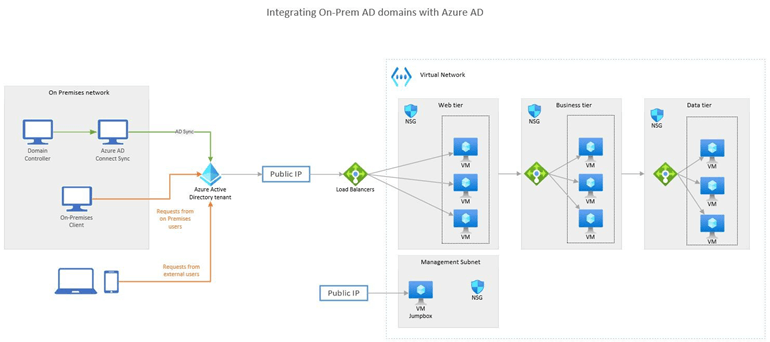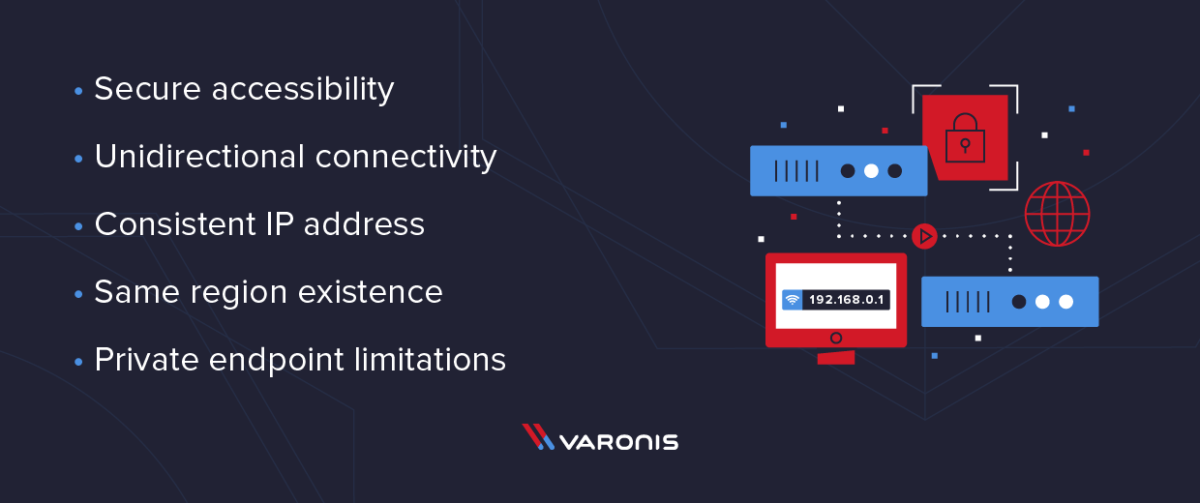

File/folderĪzure Resource Manager template and deployment script.Īzure Resource Manager template for provisioning Azure resources. It helps users navigate the codebase, build configuration and any related assets. Outline the file contents of the repository. There are no virtual network restrictions on the following resources, and thus access to these resources is permitted from outside the virtual network (e.g.

The storage account referenced by the AzureWebJobsStorage application setting is configured with a private endpoint.This sample uses two storage accounts to meet that requirement. The diagram provide shows a high-level depiction of the sample architecture.Īzure Functions requires the use of a general-purpose storage account. Azure VM and Azure Bastion in order to access Azure resources within the virtual network.Configuring private endpoints for Azure resources.

#Azure bastion private endpoint how to
This sample demonstrates how to configure an Azure Function to work with Azure resources using private endpoints. You should notice the same number of documents in the CosmosDB collection as were in the sample CSV file.

Using Data Explorer in the portal, open the Widgets database and Orders collection. Navigate to newly created CosmosDB resource.Within a few seconds, the function's blog trigger should execute and process the file.Using Storage Explorer in the portal, upload the sample.csv file to the orders blob storage container. Navigate to the newly created storage account which starts with widgets.From the VM, use a web browser to open the Azure portal.Copy the sample.csv file to the newly created VM.Connect to the newly created VM using Azure Bastion.Please perform the following steps to run the sample. You can use the Azure Functions Core Tools to deploy the function. az group create -name -location Īz deployment group create -g -template-file azuredeploy.json -parameters Īfter the Azure resources are deployed (which can take about 10-12 minutes), you will need to deploy the Azure Function to the newly created Azure Function app. Deploy to AzureĪn alternative deployment approach is to use the Azure CLI to deploy the included Resource Manager template. You can use the Azure Cosmos DB Emulator and Azure Storage Emulator, along with the Azure Functions Core Tools, if you wish to develop and test locally. The following components are required to run this sample: The sample uses an Azure Functions Premium plan with regional VNet Integration to interact with Azure resources confined to a virtual network. This sample shows how Azure Functions can connect to other Azure resources via a private endpoint connection.


 0 kommentar(er)
0 kommentar(er)
